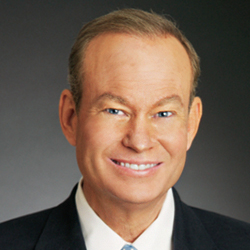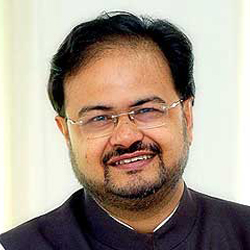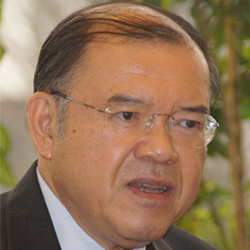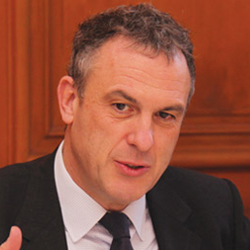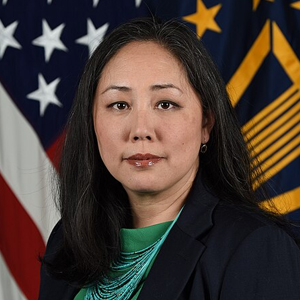Dominic Raab is the first and only politician to serve as Deputy Prime Minister to two Prime Ministers. He has also held six Cabinet posts including Foreign Secretary, Brexit Secretary and Justice Secretary.
During his role as Deputy Prime Minister between 2021 and 2022, Dominic chaired Cabinet sub-committees, responded to Prime Ministers Questions, and deputised for the Prime Minister. He also published the UK Bill of Rights, and the Victims and Prisoner Bill.
While he was Foreign Secretary between 2019 and 2021, Dominic chaired the National Security Council, UN Security Council and G7, and also deputised for the PM for 5 weeks when he was hospitalised with COVID. Further achievements included merging the Foreign & Commonwealth Office and Department for International Development, making £4 billion of savings from the aid budget and safeguarding priorities on C19 vaccine funding.
In 2021, Dominic published Global Britain in a Competitive Age, the UK’s ten-year international strategy, focusing on Britain’s comparative advantage in tech, trade and financial services, the need to adjust to hybrid security threats, and the long-term Indo-Pacific tilt in UK foreign policy.
Prior to entering politics, Dominic was as an international lawyer who trained in the City and practised at the Foreign Office, advising on shipping, investment protection and war crimes. He has extensive executive experience, particularly in international affairs, national security, geopolitical risk and the Indo-Pacific.
Topics:
- Global geopolitical risks
Hostile states, organised crime, terrorism, climate change and health pandemics.
- UK foreign policy
The Indo-Pacific tilt and the risks/ rewards in that region for the United Kingdom.
- Western tensions with China
The case for de-risking rather than de-coupling and avoiding war in the Taiwan Straits.
- Maximising the UK's potential in tech
Artificial Intelligence and managing the risks including from AI and cyber attacks.
- Optimism bias and pessimism capture
Managing the dual risks of optimism bias and pessimism capture in public policy decision-making, from economic forecasts to foreign policy.


